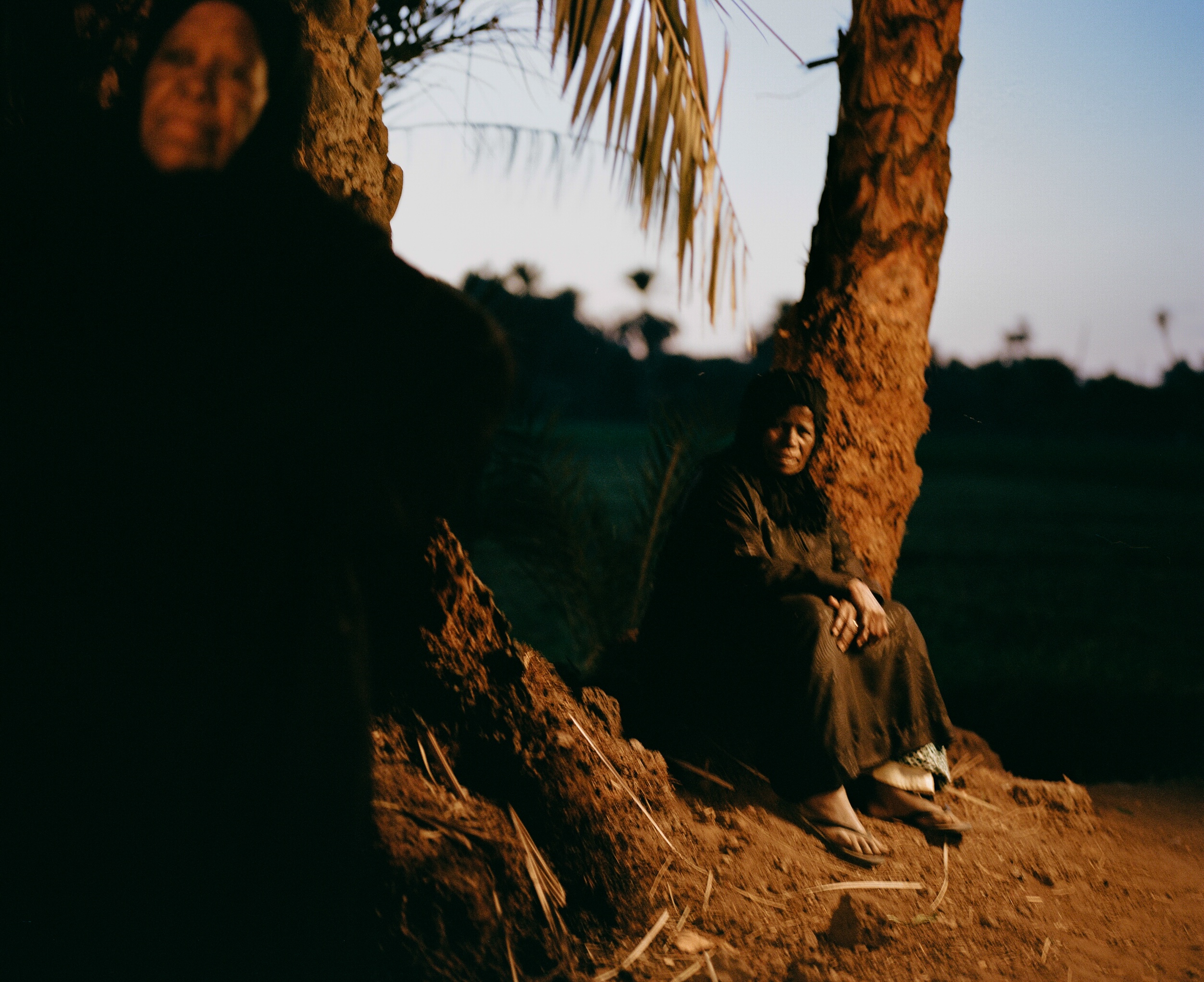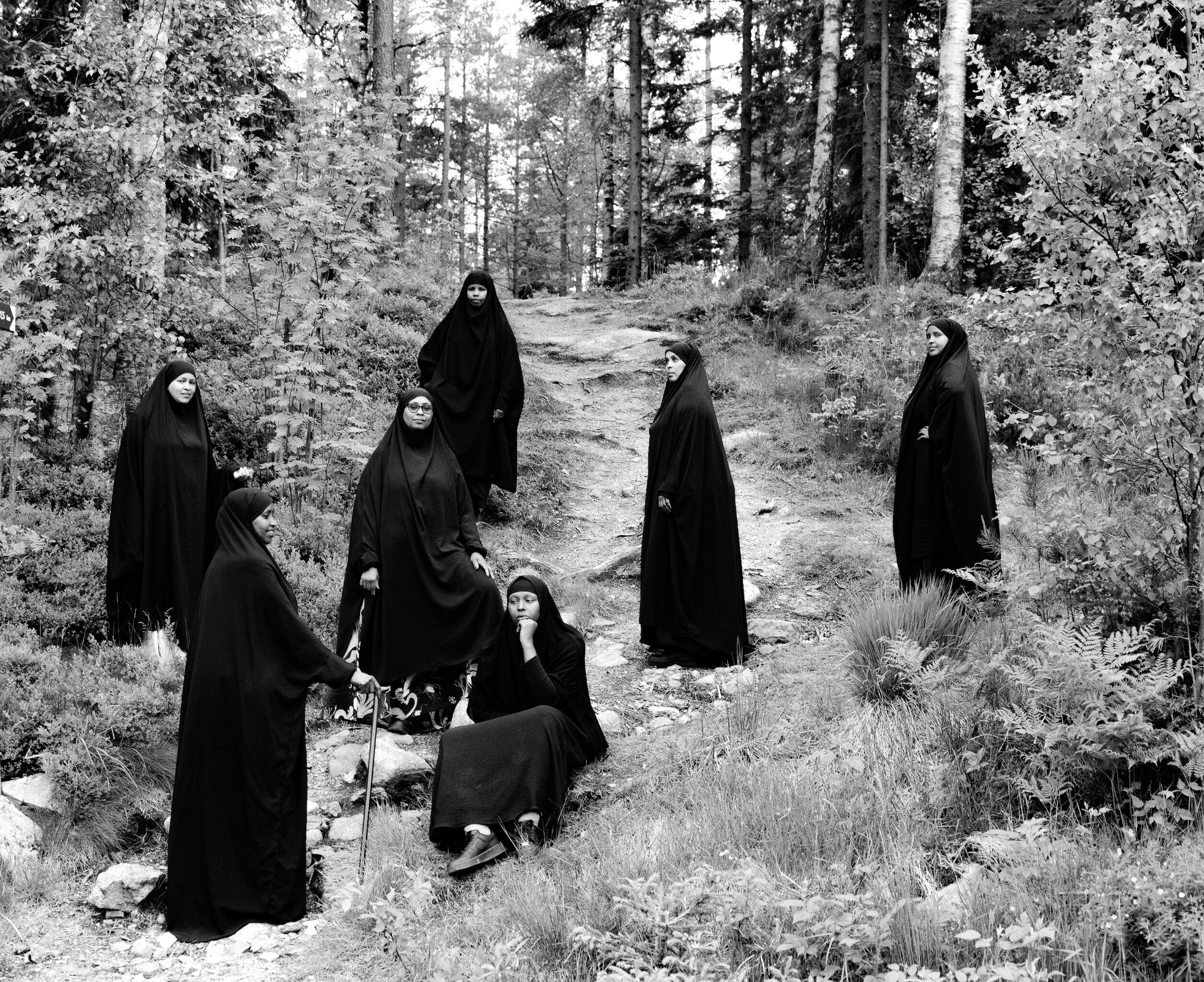All images © Ayan Abdi
The Somali-Norwegian photographer’s project Family in Focus was developed across several countries and continents, asking what a family constitutes
Rooted in Somaliland, born in Oslo and shaped by international travel across Europe, Africa and America, Ayan Abdi’s work is a mosaic of photography and moving images that traces intergenerational African experiences across the continent and the diaspora. Abdi has intently expeditioned new contexts in Hargeisa, Oslo, Nairobi, Rio and New York to capture both chosen and biological familial ties in her ongoing project Family in Focus.
From the age of 11, Abdi has instinctively used the camera to feed her curiosity for people and the many cultures she has encountered. “I’ve always heard that I was a people person,” Abdi says, citing her family, something that crystallised once she began exploring her role in the global African image.
On a trip to Egypt, she became obsessed with her mother’s camera, adopting it as her own. Although a creative career wasn’t explicitly encouraged, her family played a vital role in developing her eye. “Growing up, there were so many people coming in and out of our house… so a lot of people have lived with us”. Her family had a spirit of hosting relatives, one of which left behind a family photo album that Abdi claimed as her own. The images recorded the very same intergenerational connections that anchor Abdi’s practice today and shaped her earliest understanding of photography. This particular archive tied personal histories together across Norway, Somaliland and England. Abdi knew she had inherited something significant.
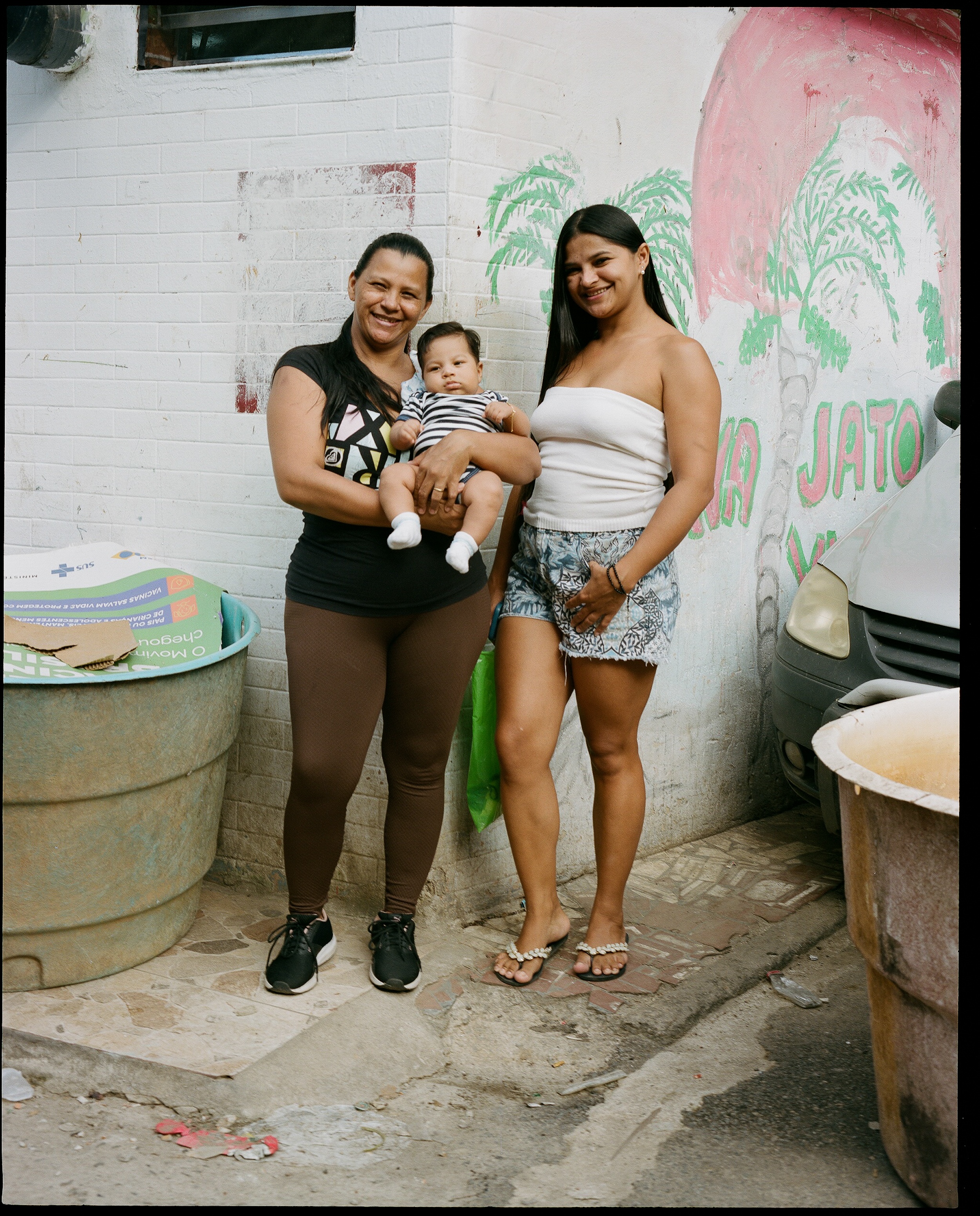
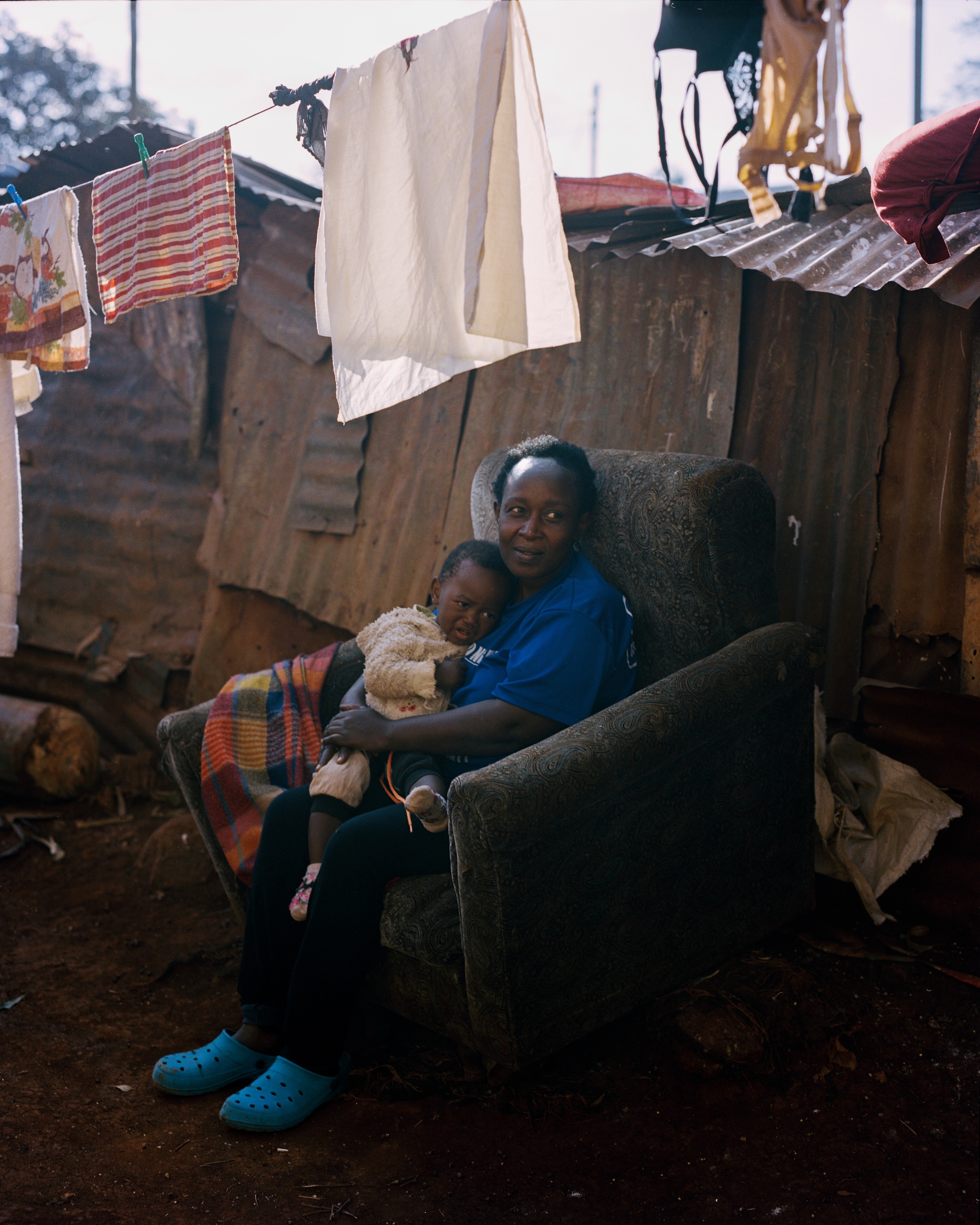
“Here in Norway, the culture is to be outside and be in nature and it’s something that Somali aunties have adapted to”
She explains that, before WhatsApp, her community relied on cassettes and photographs to keep up with each other’s lives. “People back in Somalia used to film themselves in a cassette and then send them over to Norway, or England or America…and that’s how they would remember each other.” Abdi emphasises the value of putting effort into creating a memory. In Oslo, domestic settings became the backdrop for wearing one’s finest clothes – an inspiration for her early editorial work that blended the home with African studio portraiture. “When I do studio work, I take a lot of inspiration from the effort people used to take in taking photos of each other. How people used to get dressed and the whole ritual behind it,” she says. There was a shared consensus that smelling your best was as important as looking your best. Relatives across the diaspora and the motherland perfumed the envelopes before mailing them, turning each one into a sensorial vessel of memory. “People will smell you through the photo, people will smell the emotions”.
Abdi approaches documentary with care, softly enough to capture intimacy while remaining cognisant of the sensitivities of her work. Being welcomed into communities is a part of her process, and people willingly permit her to share their narrative. Rarely are her photos taken, they are gifted. Working strictly with film is a patient process just like these interactions whether it’s a tender moment between a mother and child or between friends.
Abdi tells me that one portrait taken in Nairobi was where Family in Focus found its start. Serendipity took the photographer to an orphanage in Kangemi where she met Priscilla holding her neighbour’s daughter – while the neighbour had her hair braided by Priscilla’s daughter. In the portrait lies an enchanting parable of community and entangled lives, a defining metaphor for the Family in Focus canon which continues in her moving image work.
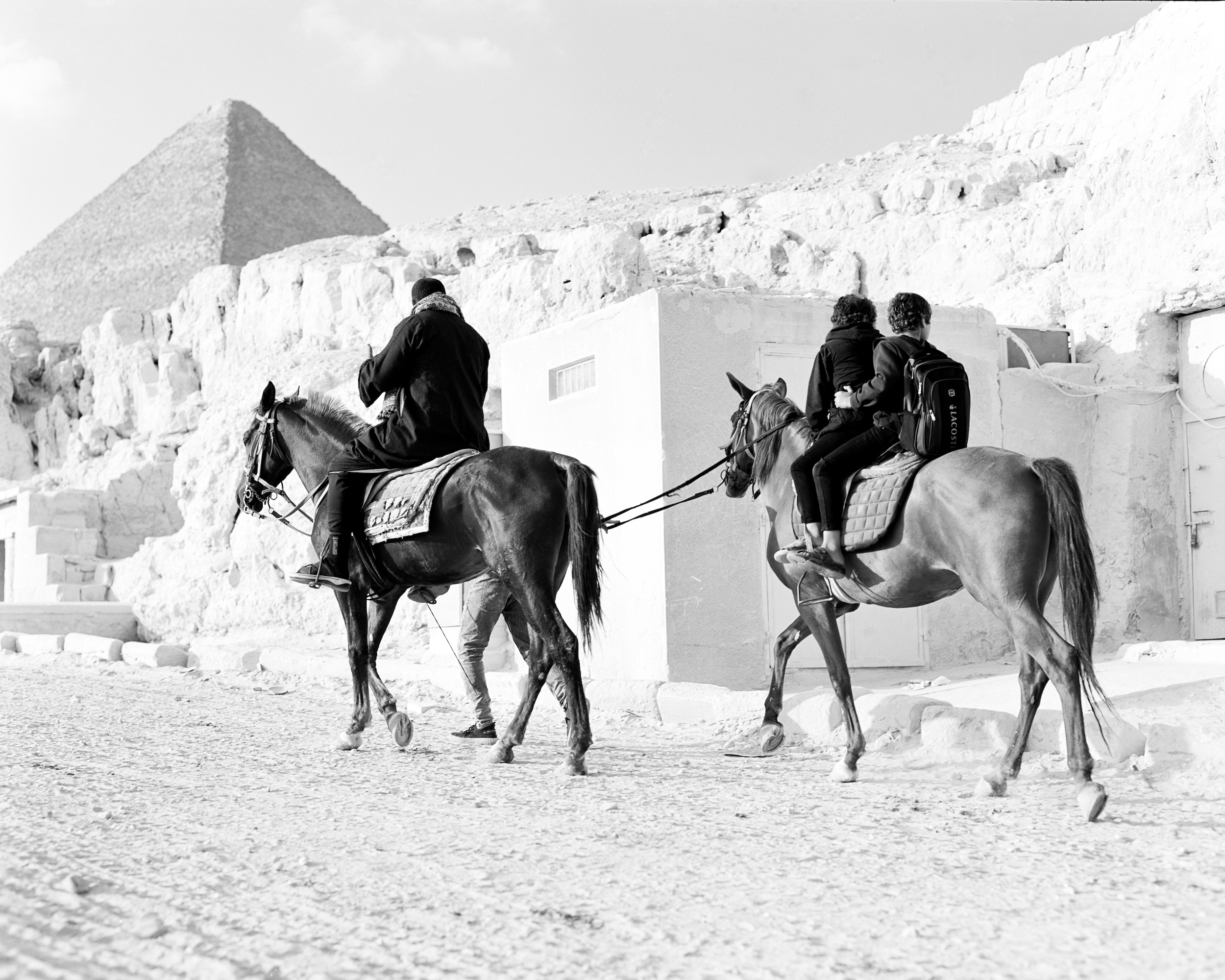
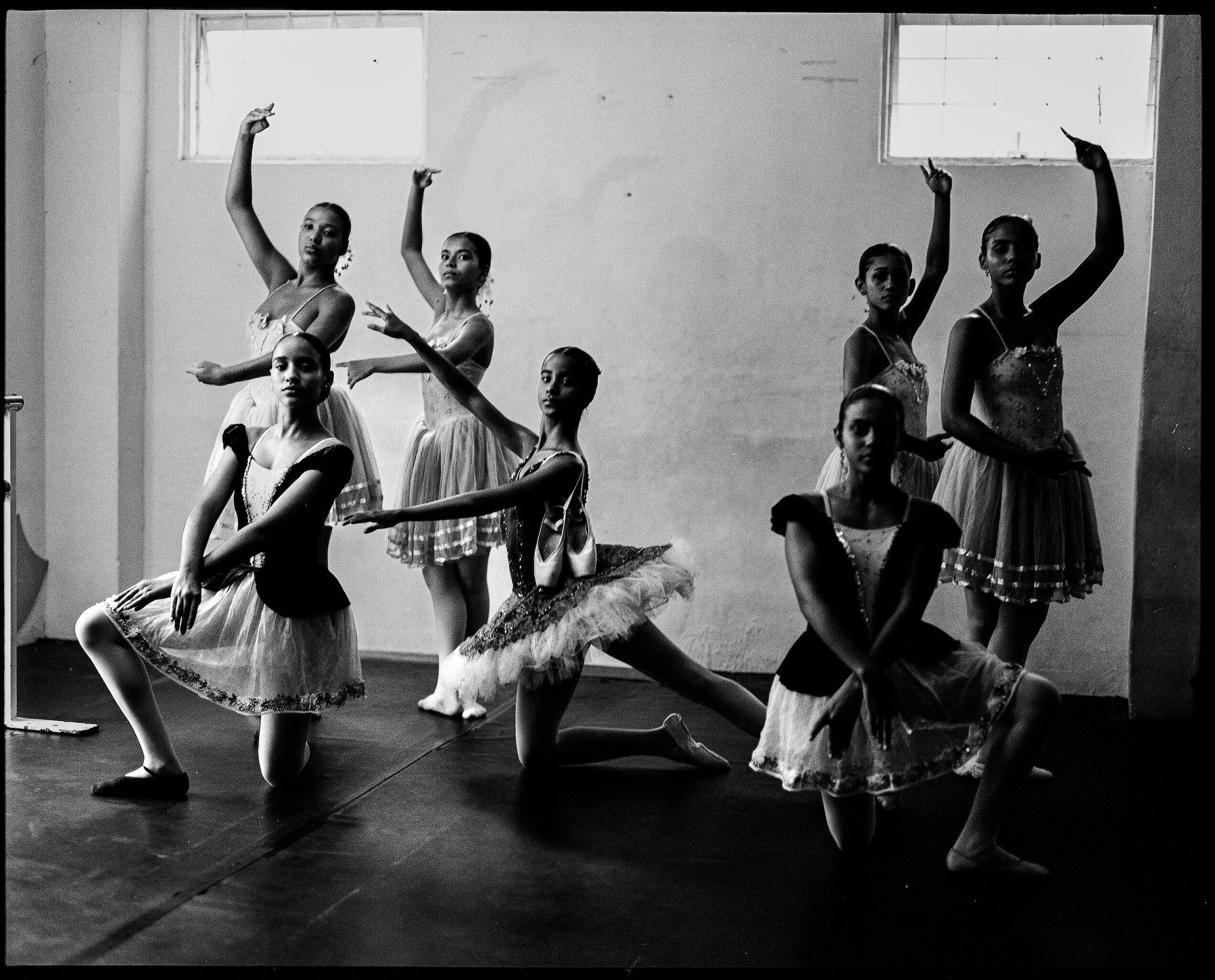
Abdi’s understanding of film as a universal medium for storytelling began in her adolescence watching Bollywood movies void of subtitles. Drawn to dramatic colour palettes and choreography, she realised that feeling was the only metric that mattered to her and why she intently uses minimal dialogue in her films. On Tip Toe is a performance film co-directed by Abdi and Dina Al-Makhrami and follows the ballet dancers of Na Ponta dos Pés, an art school built by their instructor and matriarch Tuany Nascimento. Set in a haven in the favelas hanging over the city where youth feels truly sacred, we see a dream-like sequence of girlhood. A dance between play and performance, before falling into Nascimento’s embrace.
This fascination of matriarchal communities begins at home for Abdi. In My Heroes, Abdi spotlights Somali women in Oslo, including her mother, whose instinct, like Priscilla, is to lean on her community. In this microcosm of Somali womanhood we see their capacity to show up for one another, to play and reclaim the outdoors.
“Here in Norway, the culture is to be outside and be in nature. It’s literally ingrained in Norwegian culture and it’s something that Somali aunties have adapted to.” With a process rooted in rapport and invitation, Abdi plans to keep translating personal stories of the diaspora through pop-up studios and an upcoming Family in Focus book.
